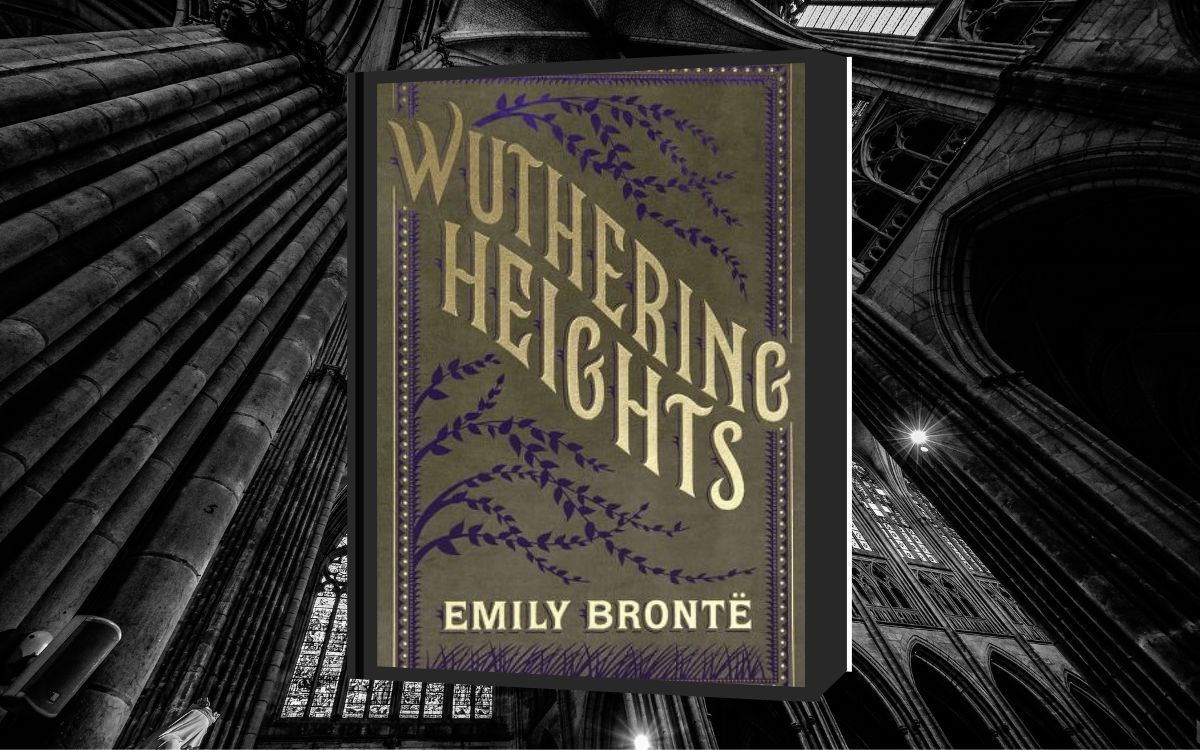I’m so done with the same actors over and over’: Wuthering Heights’ controversial casting shows Hollywood still doesn’t really understand Gothic literature
Bottom line remains maybe trying some new ideas?

Even though it’s been a few weeks since the announcement that Margot Robbie and Jacob Elordi have been officially cast in Emerald Fennell’s latest project, a new adaptation of Wuthering Heights, I’m afraid I’m still thinking about it. And that’s not said affectionately.
In my proud career as a period drama enthusiast, rarely have I seen such abysmal casting—especially for a property as well-known and as beloved as Emily Brontë’s Wuthering Heights, a 19th-century novel so popular that any new adaptation might as well rely on the power of its title and cast relatively unknown actors who really fit the characters’ descriptions. But to be honest, there’s a good number of already established names who would have worked better than Robbie and Elordi as Catherine and Heathcliff—and that’s with all my love and affection for them and their acting abilities.
There’s honestly a myriad of problems that have already been well and truly analyzed by the Internet since the casting announcement dropped. The blatant case of “iPhone face,” their ages, and the oh-so-inconsequential detail of Heathcliff being very clearly described as a POC in the original novel are simply some of the major ones.
And this news being released not too long after the announcement that Netflix is working on a new version of Oscar Wilde’s The Picture of Dorian Gray where Dorian and Basil are supposedly brothers really got me thinking. What is with Hollywood and Gothic stories?
While there are various flavors of Gothic fiction, it can be broadly described as a literary aesthetic of fear and haunting that officially started in 1764 with Horace Walpole’s The Castle of Otranto and continued throughout the 19th and 20th centuries. Both Oscar Wilde and Emily Brontë are notorious contributors to this particular branch of fiction, and even though The Picture of Dorian Gray and Wuthering Heights have considerable differences between them, they share an underlying sense of uneasiness as well as a good chunk of unsettling themes—be they unsettling for the morality of the times during which these stories were written or in general.
And I would argue that since those unsettling themes are a key element of Gothic fiction they should also be a fundamental piece of their modern adaptations. However, announcements like the Wuthering Heights casting or the supposed Netflix rework of the relationship between Portrait characters almost make it seem like a certain part of Hollywood is trying to have it both ways—use the popularity of a well-known property to catch viewers’ interest while simultaneously declawing it of all its “problematic” themes so that it doesn’t cause Internet discourse.
The solution would be so simple, really. How about trying to write some original stories? Or adapting lesser-known properties instead of insisting on the usual handful of titles? And if that handful of titles is the only option then make those adaptations faithful to the original atmosphere of the story—as Robert Eggers and Guillermo del Toro seem to have done with their upcoming respective movies Nosferatu and Frankenstein.
Have a tip we should know? [email protected]